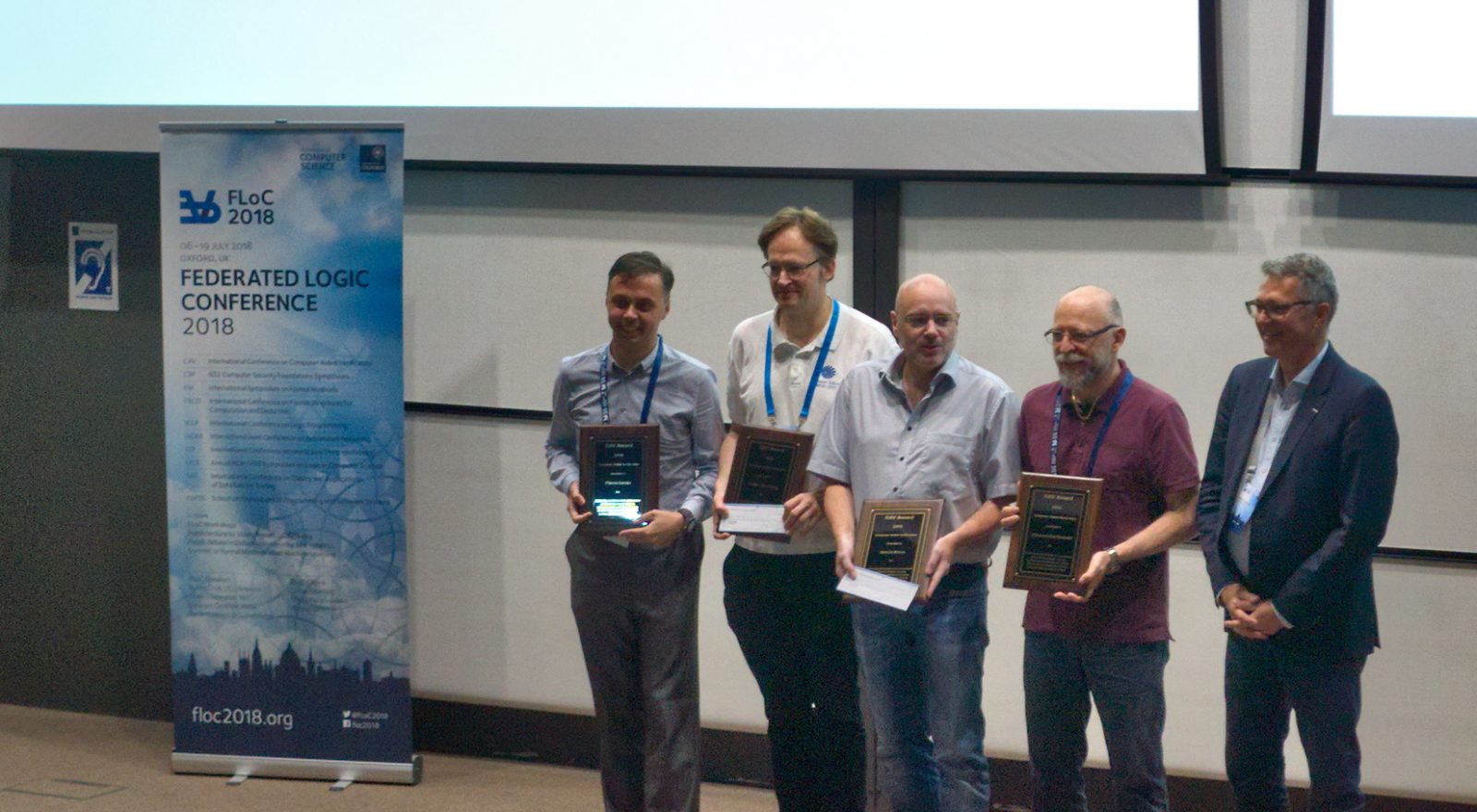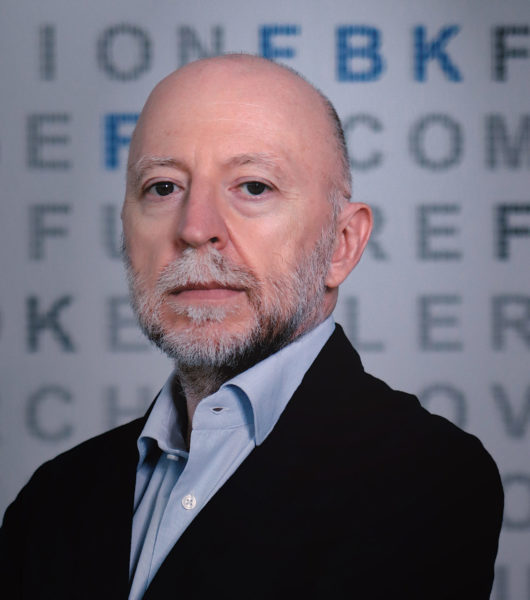Alessandro Cimatti wins the “CAV 2018” international award
The prestigious award concerned studies for the realization of the so-called Bounded Model Checking, an algorithm used in the electronic circuit and software design systems
Alessandro Cimatti, from Trento-based Fondazione Bruno Kessler, won the “CAV 2018 Award“, the prize awarded by the most important conference on formal verification of hardware and software systems, underway in Oxford until July 17.
The prestigious award concerned Cimatti’s studies for the realization of the so-called Bounded Model Checking, an algorithm used in systems for the design of electronic circuits and software. In particular, it is used to automatically check for design errors – before the circuit itself is produced – so that they can be corrected in time, ensuring faster speed and money savings. Other international scientists who have distinguished themselves in this field were recognized in Oxford: Armin Biere, Edmund M. Clarke, Daniel Kroening, Flavio Lerda, Yunshan Zhu.
“This award”, says Alessandro Cimatti, “fills me with pride, since CAV is the most prestigious conference in the field of formal verification. The work on Bounded Model Checking is a clear example of the kind of research we like to carry out at FBK: theoretical results with a strong practical impact. Our works in this field, which are cited in more than four thousand scientific articles, have allowed system verification on a scale that was unimaginable in the past”.
Alessandro Cimatti has led, since 2007, the Embedded Systems (ES) Research Unit of Fondazione Bruno Kessler‘s ICT Center that develops various software for the formal verification of which Bounded Model Checking is an integral part. Various fields of application are used in many technology transfer projects, especially for critical sectors such as aerospace, railway systems, advanced check and Industry 4.0. Alessandro Cimatti has contributed more than 20 scientific papers to the CAV international conference so far and, also for his internationally prestigious studies in this field, last year he also received the ETAPS “Test of Time Award”, the organization of the European conferences on software theory and practice.


